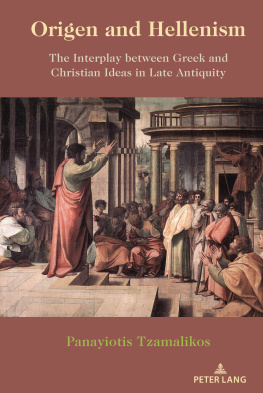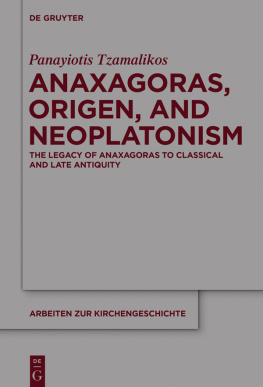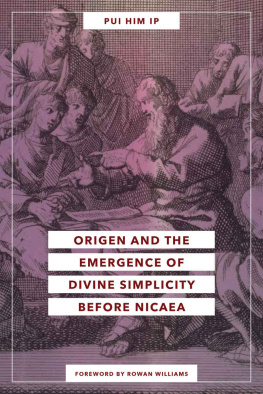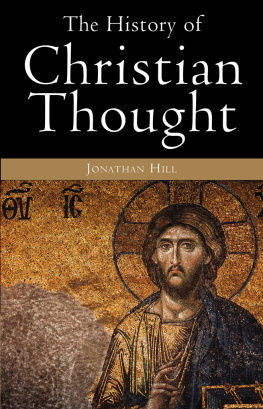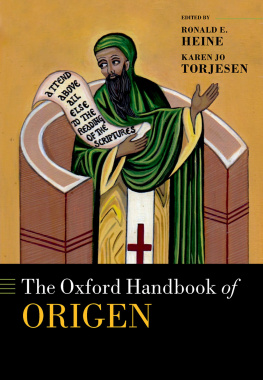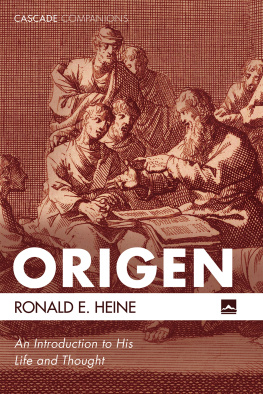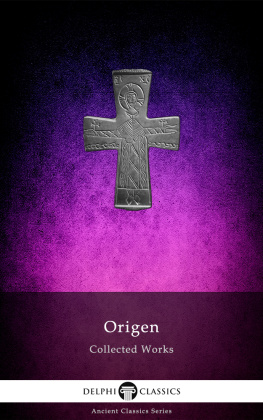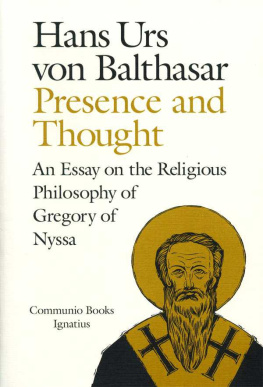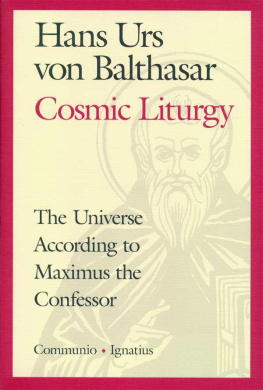Panayiotis Tzamalikos - Origen and Hellenism: The Interplay Between Greek and Christian Ideas in Late Antiquity
Here you can read online Panayiotis Tzamalikos - Origen and Hellenism: The Interplay Between Greek and Christian Ideas in Late Antiquity full text of the book (entire story) in english for free. Download pdf and epub, get meaning, cover and reviews about this ebook. year: 2022, publisher: Peter Lang, genre: Religion. Description of the work, (preface) as well as reviews are available. Best literature library LitArk.com created for fans of good reading and offers a wide selection of genres:
Romance novel
Science fiction
Adventure
Detective
Science
History
Home and family
Prose
Art
Politics
Computer
Non-fiction
Religion
Business
Children
Humor
Choose a favorite category and find really read worthwhile books. Enjoy immersion in the world of imagination, feel the emotions of the characters or learn something new for yourself, make an fascinating discovery.
- Book:Origen and Hellenism: The Interplay Between Greek and Christian Ideas in Late Antiquity
- Author:
- Publisher:Peter Lang
- Genre:
- Year:2022
- Rating:5 / 5
- Favourites:Add to favourites
- Your mark:
Origen and Hellenism: The Interplay Between Greek and Christian Ideas in Late Antiquity: summary, description and annotation
We offer to read an annotation, description, summary or preface (depends on what the author of the book "Origen and Hellenism: The Interplay Between Greek and Christian Ideas in Late Antiquity" wrote himself). If you haven't found the necessary information about the book — write in the comments, we will try to find it.
This book elucidates and engages in critical discussion of the Greek philosophical background to the work of Origen, the great third-century scholar and theologian. The author, Professor Panayiotis Tzamalikos, has long argued that Origen was in many respects an anti-Platonist, and that the clauses in Origens official anathematisation in AD 553 were based on misreadings by unschooled and fanatical drumbeaters. Tzamalikos has refuted those charges and demonstrated that they had nothing to do with Origens real thought. Origen and Hellenism continues the argument by placing Origens achievement in its correct context: Origen may have forsaken his ancestral religion and converted to Christianity when he was advanced in years, but he implicitly made much use of his Greek intellectual inheritance in composing his ground-breaking theological work, which paved the way to Nicaea.
The authors thesis is that, in the quest to discover the real Origen, scrutiny of this background is vital. In the history of philosophy, Origen is uncategorisable as an author: his thought constitutes an unexampled chapter of its own, revealing a perfect match between Christian exegesis and Greek philosophy, which gave later episcopal orthodoxy the gravamen of its anti-Arian doctrine.
* * *
The author presents Origens thought as a completely original contribution to ancient philosophy and Christian theology at the same time. He shows convincingly that the classification of Origen as Christian Platonist obscures rather that clarifies, since Origen took a critical stance towards several aspects of Platonism. In doing so, the author is able to free Origens intellectual profile, on the one hand, from distortion of Eusebius of Caesarea, and, on the other hand, from the clichs of the anti-Origenist polemics in late antiquity, especially in the fifth ecumenical council.
With the liberation of Origen from the prison of his often ill-informed theological reception, the author makes an outstanding contribution to research, which in any case should be listened to not only in the field of theology, but also in the field of the history of ancient philosophy.
--Martin Illert, Prof.Dr. University of Halle, Germany
* * *
No-one acquainted with current scholarship on Origen will fail to recognise the author of this book, not only on account of its length and the vigour of its style, but because Tzamalikos has no rival in erudition or in the fecundity of his ideas. None of his critics (least of all those who accuse him of disparaging Greek philosophy) will be able to produce the range of quotations from two millennia of Greek literature that Tzamalikos can marshal in support of every one of his conclusions, and few of them will be able to match his conceptual subtlety or his tenacity in exegesis.
Since he is the one indispensable author writing in English on Origen at the moment, this volume will be especially useful to scholars because, while it introduces a lot of new material, it also recapitulates the arguments of Tzamalikos earlier studies, which, famous as they are, do not seem always to have been read in their entirety by his critics.
--Mark Edwards, Professor of Early Christian Studies, University of Oxford
Panayiotis Tzamalikos: author's other books
Who wrote Origen and Hellenism: The Interplay Between Greek and Christian Ideas in Late Antiquity? Find out the surname, the name of the author of the book and a list of all author's works by series.

